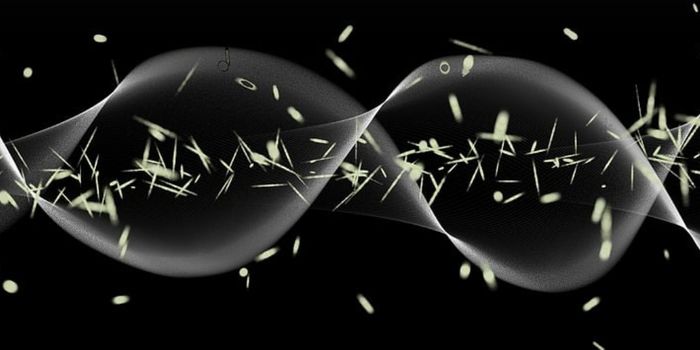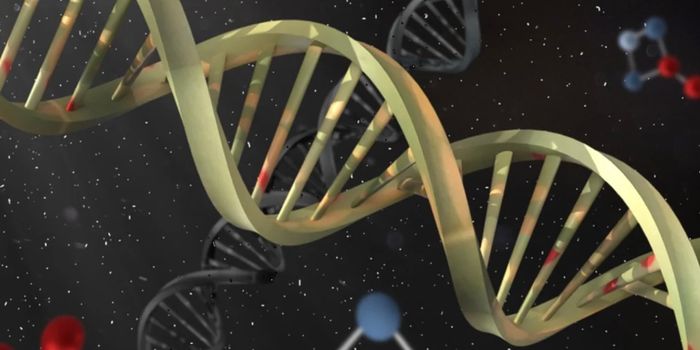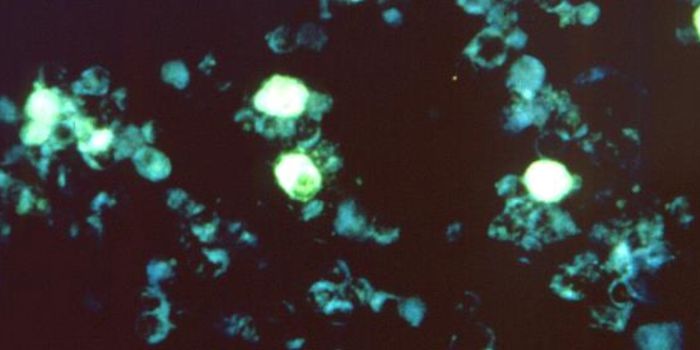Epigenetic Factors Create the Immune System's Memory
The immune system is an incredibly complex network that has some amazing capabilities. It can eliminate dangerous cells that may lead to cancer, and defend the body against a wide variety of pathogenic invaders. It also has the ability to remember those encounters with pathogens so if they happen again, the immune system is primed to respond more quickly and forcefully against the offender. Scientists have now learned more about how the immune system memory is created at the molecular level. The findings have been reported in Science Immunology.
When immune cells are exposed to an invader, they can recognize structures called antigens on the surface of the pathogen. In this study, the researchers compared immune cells that had never been exposed to an antigen, so-called naive cells, to immune cells that had been in contact with an antigen, known as memory cells. The investigators wanted to identify the epigenetic differences between these cell types, which are changes in DNA that can impact gene expression, such as structural shifts or chemical tags, but do not alter the sequence of the genome. Epigenetic changes might explain why memory cells can react so quickly while naive cells are comparatively slow.
The scientists determined that there were very different epigenetic characteristics at work in naive cells compared to memory cells. The memory cells had an epigenetic signature that could trigger the rapid expression of critical genes, while naive cells did not have this signature. In memory cells, the epigenetic changes made these important genes more easily accessible to cellular machinery, and transcription factors called AP-1.
The three dimensional position of DNA in the nucleus was also fond to be very different in memory cells compared to naive cells. Genes that are crucial to the early immune response are kept together and are controlled by the same regulatory sequences, called enhancers. These genes are ready to be activated, and are all physically grouped together in memory cells, due to a different arrangement of DNA in the nucleus that naive cells don't have.
In asthma, the body has an abnormal and excessive reaction to environmental stimuli. The investigators also assessed immune cells from asthma patients to determine whether any of these epigenetic features were altered in a state in which the immune system is not functioning properly. Indeed, this showed that genes that are related to a rapid, strong immune reaction were overactive in the cells from these patients.
Scientists still have a lot more to learn about how epigenetic influences are involved in the immune response, but this study highlights the importance of epigenetic factors on immunity.
Sources: Josep Carreras Leukaemia Research Institute, Science Immunology









